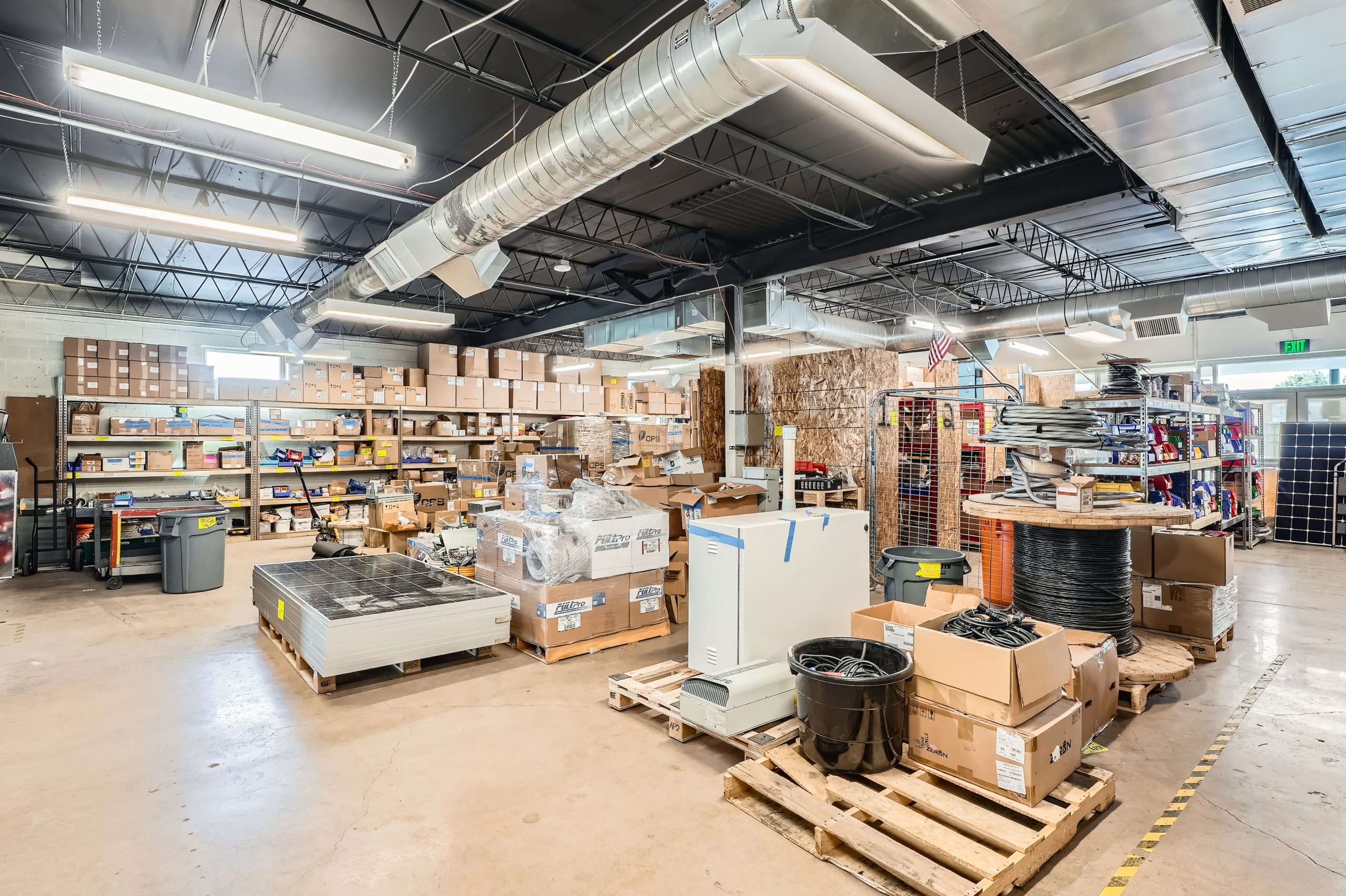Denver, Colorado remains one of the most dynamic and competitive commercial real estate markets in the United States. Driven by strong economic fundamentals, population growth, and continued urban development, Denver attracts investors, business owners, and developers seeking long-term value and strategic positioning. Benchmark Commercial Real Estate provides expert representation and market insight to help clients successfully navigate Denver’s evolving commercial real estate landscape.
With deep local expertise and a data-driven approach, Benchmark Commercial Real Estate supports tenants, buyers, and investors across office, industrial, retail, and mixed-use properties throughout the Denver metro area.
Overview of Denver’s Commercial Real Estate Market
Denver’s commercial real estate market has experienced sustained growth over the past decade, supported by economic diversification, business expansion, and infrastructure investment. The city consistently ranks among the top U.S. metros for commercial real estate activity, with demand remaining resilient despite market cycles.
Population growth across Denver and the surrounding metro area continues to fuel demand for workspace, distribution facilities, retail destinations, and multifamily developments. Denver’s central location between the West Coast and Midwest further strengthens its role as a logistics and distribution hub, driving long-term industrial demand.
Benchmark Commercial Real Estate closely monitors vacancy rates, absorption trends, and development pipelines to help clients make informed, forward-looking decisions.
Economic Drivers Fueling Commercial Demand
Denver’s diversified economy is a major strength of its commercial real estate market. Key industries include technology, aerospace, healthcare, renewable energy, professional services, and advanced manufacturing. This diversification reduces volatility and supports demand across multiple property types.
Healthcare and education institutions continue to expand facilities, while technology and innovation-driven companies seek collaborative office environments. Denver’s commitment to sustainability and clean energy has also attracted businesses aligned with environmentally responsible development.
Market Performance and Outlook
Office vacancy rates in Denver have stabilized as companies adapt to hybrid work models that still prioritize collaboration and in-person engagement. Well-located and amenity-rich office properties remain competitive, particularly in downtown and established submarkets.
Industrial real estate continues to outperform, with low vacancy rates driven by e-commerce, last-mile distribution, and regional logistics needs. Limited land availability has increased interest in redevelopment and modernized industrial facilities.
Looking ahead, steady rent growth and continued investment activity are expected across most commercial sectors. Infrastructure improvements and zoning updates will play a key role in shaping future opportunities.
Commercial Property Types Available in Denver
Denver offers a diverse range of commercial property options designed to support varying business objectives and investment strategies.
Office Space
Office listings include Class A towers in downtown Denver, creative office space in RiNo, and suburban campuses in areas such as the Denver Tech Center and Cherry Creek. Demand increasingly favors flexible layouts, sustainability features, and proximity to transit and amenities.
Industrial and Warehouse Properties
Industrial listings span flex buildings, distribution centers, and large-scale warehouses, particularly near Denver International Airport and major highway corridors. These properties support logistics, manufacturing, and service-based operations.
Retail and Mixed-Use Properties
Retail real estate in Denver ranges from neighborhood shopping centers to high-visibility storefronts in walkable districts. Mixed-use developments combining retail, office, and residential uses continue to gain traction, creating vibrant commercial environments.
Multifamily and Investment Assets
Multifamily properties remain a cornerstone of Denver’s commercial investment market. Strong rental demand and population growth support consistent performance, especially in transit-oriented and mixed-use developments.
Benchmark Commercial Real Estate helps clients align property selection with operational goals, market conditions, and long-term strategy.
How to Navigate Denver Commercial Real Estate Listings
Successfully navigating Denver’s commercial listings requires local insight and strategic guidance. Benchmark Commercial Real Estate provides access to both on-market and off-market opportunities, helping clients identify properties that meet specific criteria.
Understanding zoning, entitlement processes, and neighborhood dynamics is critical. Market data and development insights from the City and County of Denver can be found at https://www.denvergov.org/, while sustainability standards influencing new development are available through the U.S. Green Building Council at https://www.usgbc.org/.
Learn more about Benchmark Commercial Real Estate’s approach at https://crebenchmark.com/about/, explore service offerings at https://crebenchmark.com/services/, or connect with the team at https://crebenchmark.com/contact/.
Key Factors Influencing Commercial Real Estate Demand
Population Growth and Workforce Trends
Denver’s growing population and educated workforce support demand for office, retail, and housing-related commercial assets.
Transportation and Infrastructure Investment
Ongoing investments in transit, roadways, and airport infrastructure enhance accessibility and property values throughout the metro area.
Business-Friendly Environment
Denver’s support for entrepreneurship, innovation, and sustainable development creates long-term stability and opportunity for commercial real estate stakeholders.
Conclusion
Denver’s commercial real estate market offers a wide spectrum of opportunities across office, industrial, retail, and mixed-use property types. Strong economic fundamentals, infrastructure investment, and continued population growth position the city for sustained demand and long-term value.
Benchmark Commercial Real Estate delivers the market insight, advocacy, and execution needed to succeed in Denver’s competitive commercial real estate environment. By combining local expertise with strategic analysis, the firm helps clients identify opportunities and achieve lasting results.


